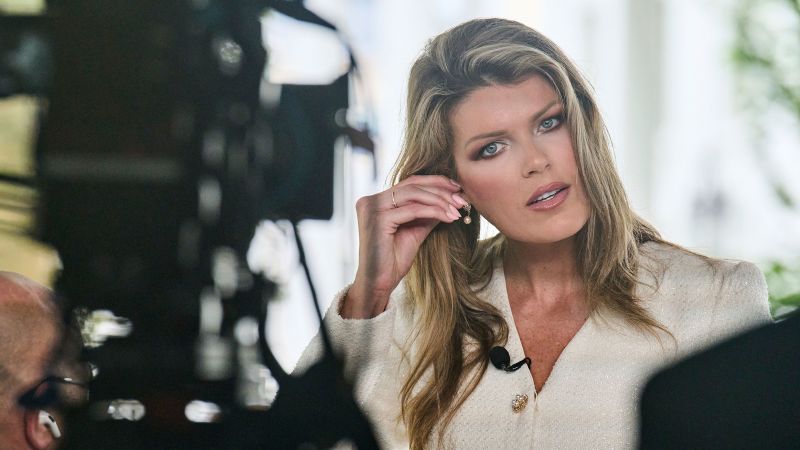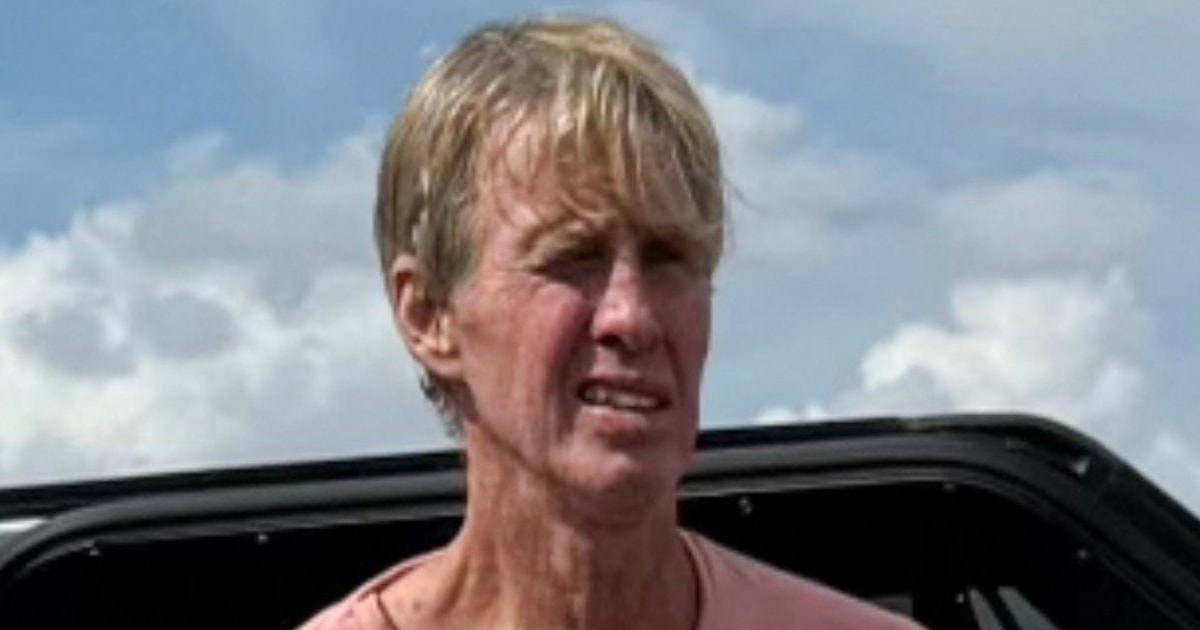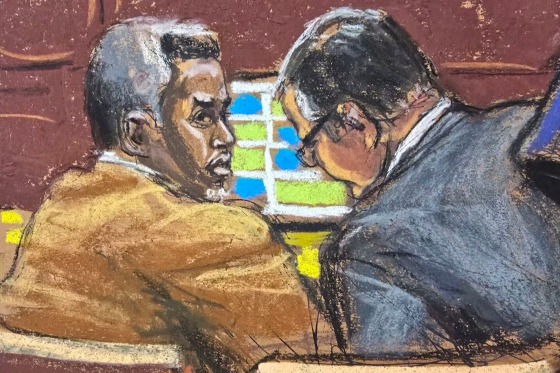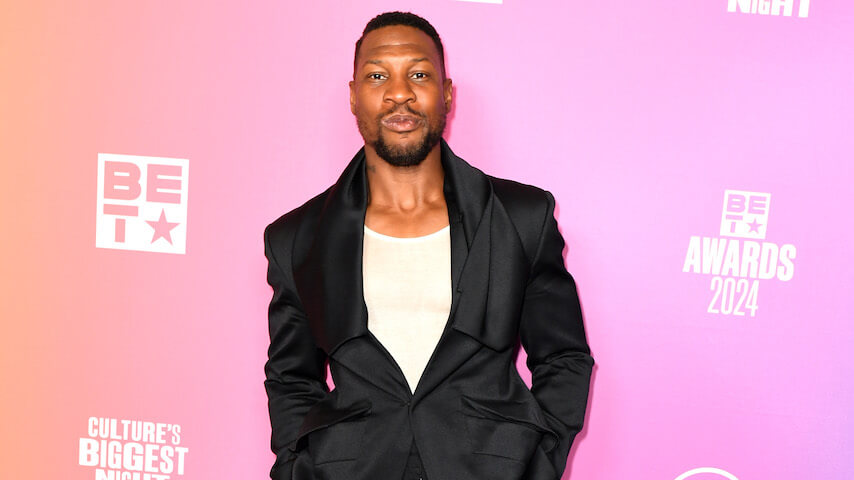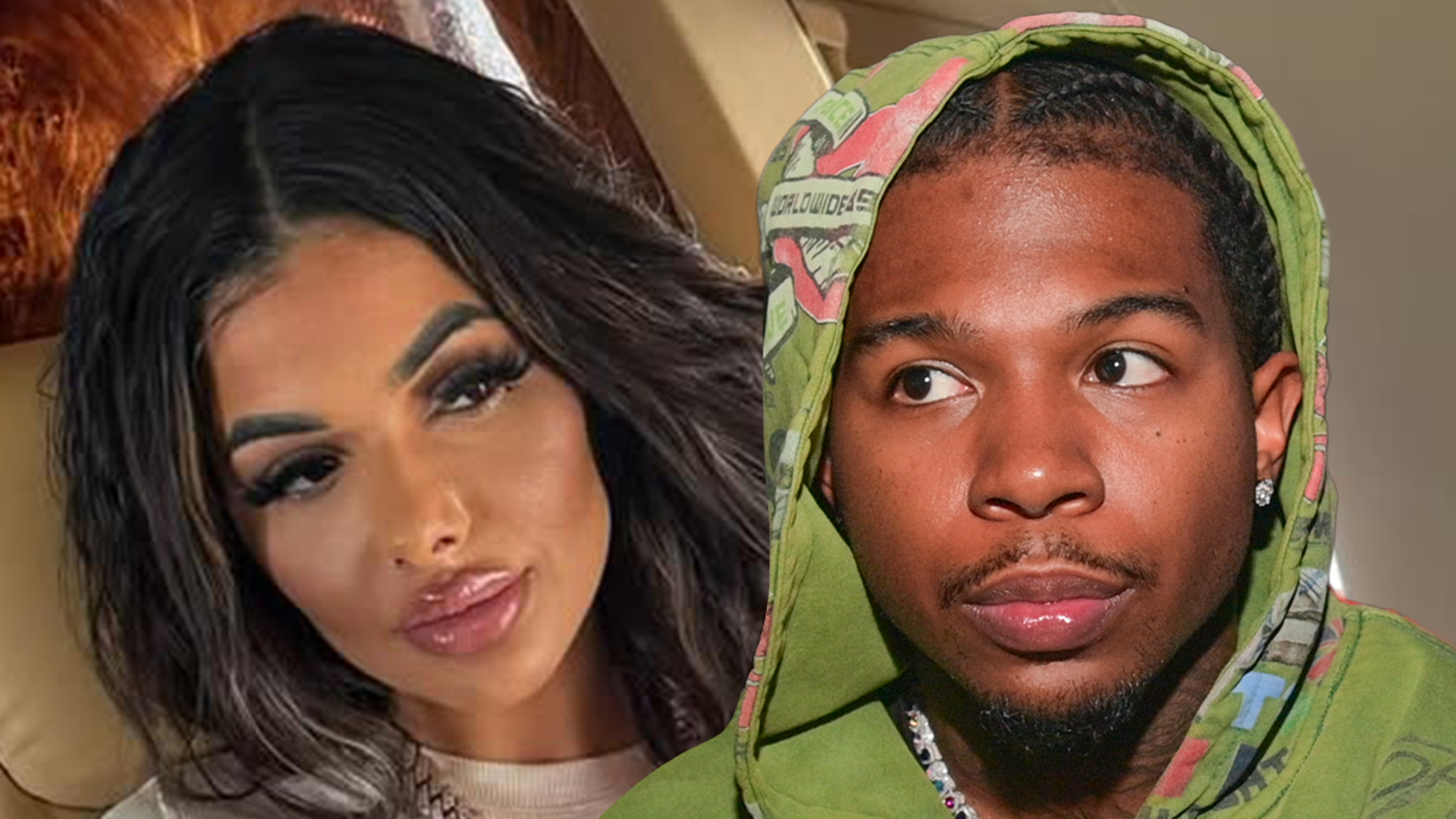The High-Stakes Legal Battle of Rapper Sean 'Diddy' Combs
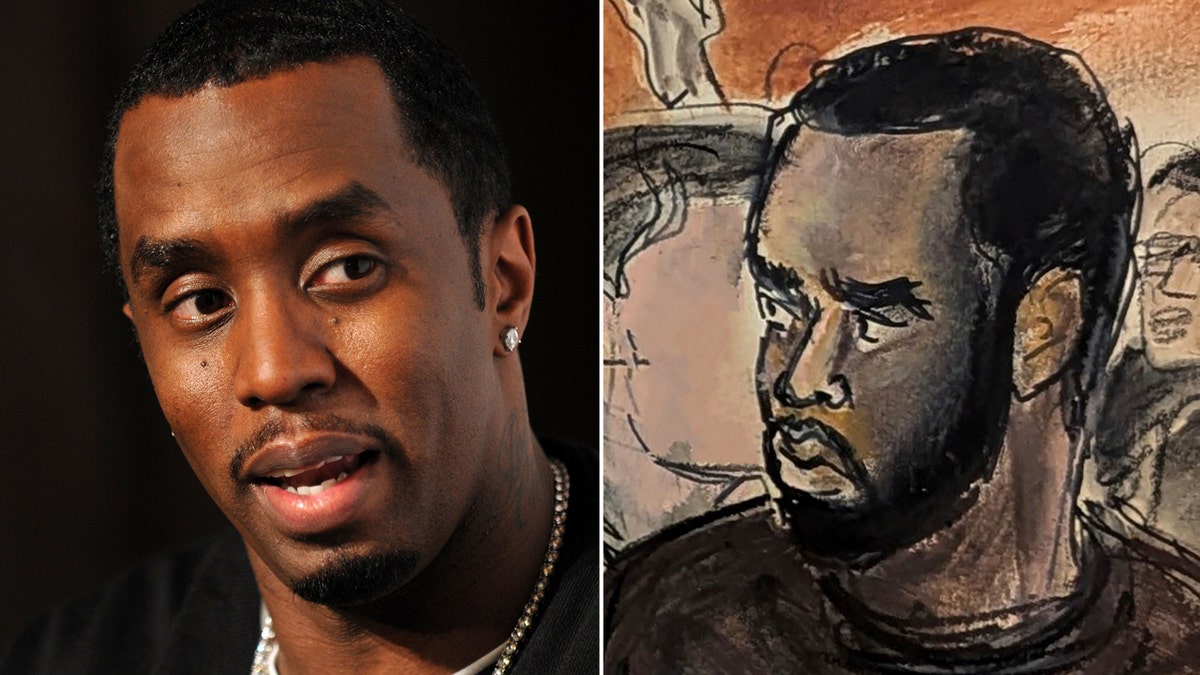
About the People Mentioned
Sean Combs
Sean Combs, born November 4, 1969, in Harlem, New York City, is an American rapper, record producer, entrepreneur, and actor widely known by his stage names Puff Daddy, P. Diddy, and Diddy[2][3]. He began his career as an intern at Uptown Records, quickly rising to prominence by helping launch the careers of artists like Mary J. Blige and Jodeci[3]. In 1993, he founded Bad Boy Entertainment, which became one of the most influential record labels of the 1990s, introducing artists such as The Notorious B.I.G., Faith Evans, and 112, and later expanding its roster to include acts like Machine Gun Kelly and Janelle Monáe[1][3]. Over three decades, Bad Boy amassed numerous Grammy Awards, Billboard chart-toppers, and sold over 400 million albums worldwide[3]. Combs himself achieved commercial success as a solo artist, most notably with the tribute single “I’ll Be Missing You” (honoring The Notorious B.I.G.), which spent 11 weeks at number one on the Billboard Hot 100 and earned him a Grammy[1]. His debut album, *No Way Out*, went platinum and won the Grammy for Best Rap Album[1]. Beyond music, Combs diversified into fashion with the Sean John clothing line, ventured into acting with roles in film and television, and produced reality TV shows like *Making the Band*[1][4]. He also launched business ventures in spirits, most notably the Cîroc vodka and DeLeón tequila brands[1]. Combs’s influence extends beyond entertainment; he is regarded as a cultural icon and a symbol of entrepreneurial ambition, consistently innovating across industries[3]. However, his legacy has been significantly impacted by recent legal troubles. Beginning in late 2023, he faced multiple lawsuits alleging physical and sexual abuse, which he has denied[1][2]. In 2024, he was arrested in New York City after a grand jury indictment on charges including racketeering and sex trafficking; he pleaded not guilty, and a high-profile trial followed in 2025[2]. While acquitted of the most serious charges, Combs was convicted on two counts related to transportation for prostitution and, in October 2025, was sentenced to 50 months in prison and a $500,000 fine[1][2]. These events have marked a dramatic shift in both his public image and current relevance.
About the Organizations Mentioned
Diddy
**Diddy** is the professional alias of Sean John Combs, an influential American entrepreneur, former rapper, record producer, and music executive best known for founding **Bad Boy Records** in 1993. The organization, often identified with Combs himself, operates as a multifaceted entertainment and lifestyle empire with deep roots in the music industry and expanded interests in fashion, media, spirits, and social initiatives[1][2][5]. **History and Core Activities:** Combs started his career at Uptown Records before launching Bad Boy Records, which rapidly became a powerhouse label responsible for discovering and developing iconic artists such as The Notorious B.I.G., Mary J. Blige, Usher, and many others[1][2]. Bad Boy's debut release, The Notorious B.I.G.'s *Ready to Die*, set a high standard for hip-hop and R&B. Over three decades, Bad Boy amassed over 400 million albums sold and more than 3 billion streams, contributing significantly to shaping modern hip-hop and R&B[2][5]. Beyond music, the organization evolved into **Combs Global**, a Miami-based conglomerate encompassing several business ventures: Blue Flame Marketing, Revolt TV (a media company), Sean John apparel, Combs Wine and Spirits, a voter education group, and investments in cannabis and wellness brands[5]. This diversification illustrates Diddy's transition from a music mogul to a billionaire entrepreneur with a broad portfolio. **Key Achievements:** Diddy has achieved multiple chart-topping albums and singles, including *No Way Out* (1997), which won a Grammy and featured hits like "I'll Be Missing You"—the first hip-hop song to debut atop the Billboard Hot 100[1][4]. His label and ventures have collectively reshaped the music business, making hip-hop and R&B dominant cultural and commercial forces[5]. **Current Status and Notability:** While Diddy remains a prominent business figure, hi


